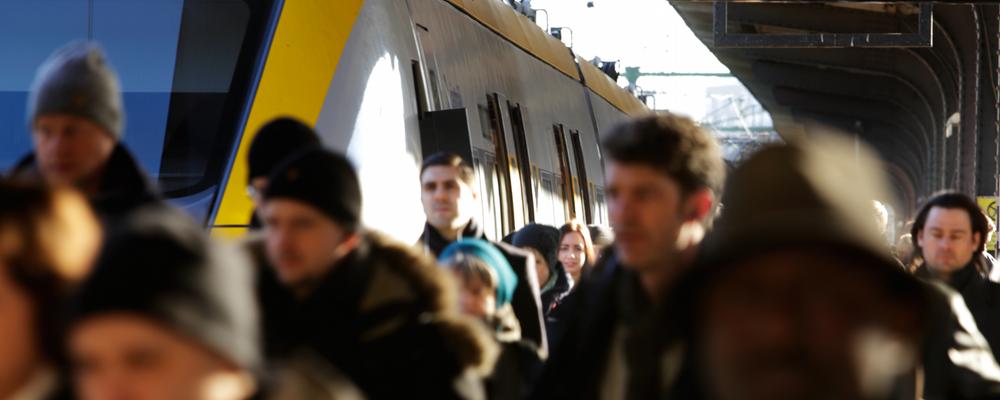
Mobilitet
As geographers, we study the interaction between people, places, and their environment. Our research focuses on human spatial interaction and mobility in various forms – physical transportation, virtual contacts, and media-related communication – and at various scales in time and space.
Daily trips, long-distance travel, tourism, migration, Internet-based communication, and use of mobile phones and media are all significant features of current social life and urban and regional change. The rapid development of space-transcending technologies has had far-reaching effects on people’s use of time and place; increased opportunities and access, extended social networks, and extended everyday activity patterns being major indicators of this. However, mobility dependencies and divides, urban sprawl, natural resource depletion, and environmental problems challenge future development in more sustainable directions.
In current research, we pay attention to several issues: gendered mobility and traffic planning; how the concept of accessibility could be understood, developed and measured including aspects of social and environmental sustainability; the changing relations between the urban form and travel; mobility strategies beyond the use of private cars; how telework and digital media affect the everyday life, mobility and activity patterns of households; and the long-term changes of mobility in rural areas in the global south. We conduct theory-informed empirical research often inspired by time-geography and activity-based thinking. We combine different methods, including GIS, and sources of data, qualitative as well as quantitative.
The Mobility research group unites the efforts of senior researchers, PhD students, and visiting researchers at the Department. Professor Eva Thulin is the coordinator of the group.



